Home>Garden Essentials>How Long For Ground Cherries To Germinate
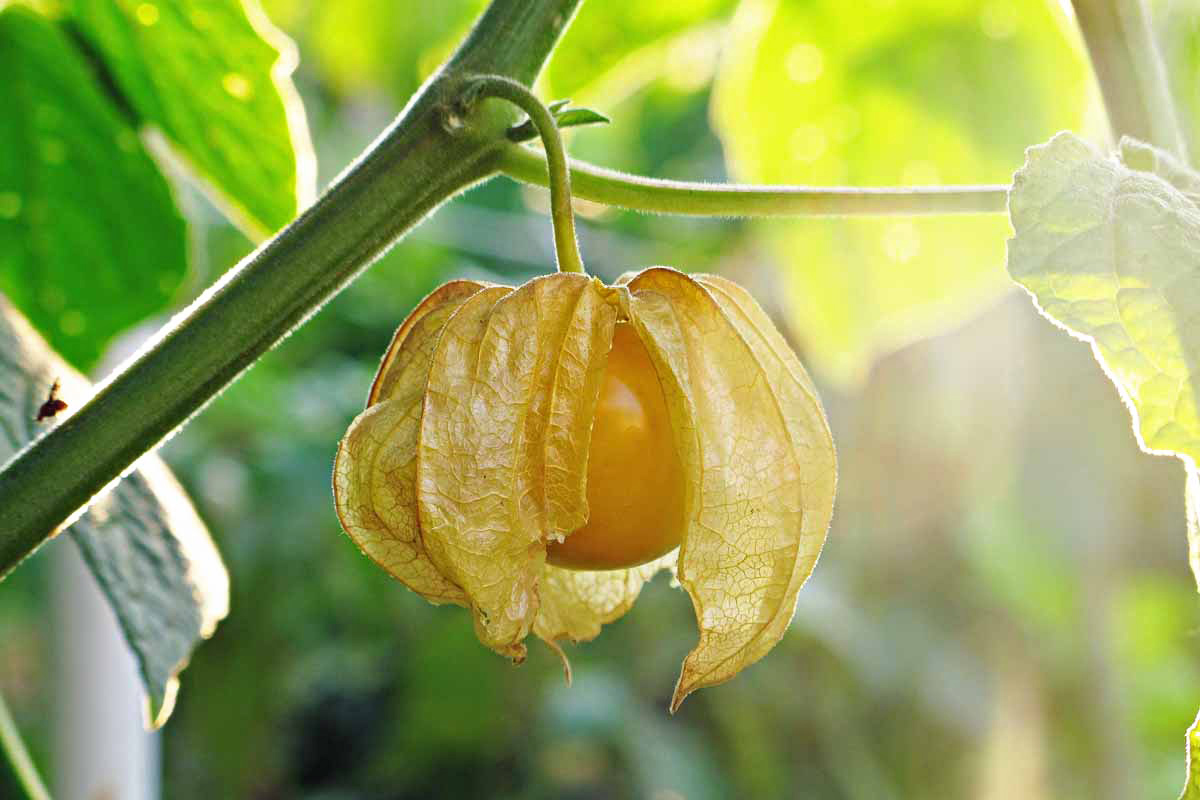

Garden Essentials
How Long For Ground Cherries To Germinate
Modified: March 15, 2024
Learn how long ground cherries take to germinate in your garden and discover helpful tips for successful germination.
(Many of the links in this article redirect to a specific reviewed product. Your purchase of these products through affiliate links helps to generate commission for Storables.com, at no extra cost. Learn more)
“
Introduction
Welcome to the wonderful world of ground cherries! If you’re an avid gardener or even just a curious nature enthusiast, you’re in for a treat. Ground cherries, also known as husk cherries or Physalis, are small, delicious fruits that belong to the nightshade family. While they may not be as well-known as their larger counterparts like tomatoes and peppers, ground cherries offer a unique flavor and are a delight to grow in your garden.
In this article, we will delve into the germination process of ground cherries. Germination is the crucial first step in any plant’s life cycle, and understanding how ground cherries successfully germinate will help you ensure a bountiful harvest later on. So, if you’re wondering how long it takes for ground cherries to germinate and what factors affect their germination time, you’ve come to the right place!
In addition to discussing the germination time, we will explore the optimal conditions for germinating ground cherries, as well as provide step-by-step instructions to help you successfully germinate these delicious fruits. We’ll also address common troubleshooting issues that may arise during the germination process.
So, whether you’re a seasoned gardener looking to expand your plant varieties, or a beginner keen on starting your gardening journey with ground cherries, this article will equip you with the knowledge and techniques to get started. Let’s dig in and unlock the secrets of ground cherry germination!
“”
Key Takeaways:
- Ground cherry seeds take 7 to 21 days to germinate. Factors like temperature, moisture, and seed quality affect germination time. Patience and proper care are essential for a successful harvest.
- To germinate ground cherries, provide warmth, moisture, darkness, and well-draining soil. Troubleshoot issues like slow germination, damping-off, and leggy seedlings for healthy growth. Happy gardening!
Understanding Ground Cherries
Before we delve into the germination process, let’s first understand what ground cherries are. Ground cherries (Physalis spp.) are small, round fruits that are encased in a papery husk. They are native to the Americas and have a unique sweet and tangy flavor that is reminiscent of a mix between a pineapple and a tomato.
Ground cherries are often categorized as a type of cherry tomato due to their similar appearance, but they are actually a separate species. They come in various colors, including yellow, orange, and even purple, and their size can range from the size of a marble to that of a small cherry.
One of the unique characteristics of ground cherries is their ability to fall off the plant when they are fully ripe. Unlike other fruits, the husk protects them from pests and diseases, making them a relatively low-maintenance crop to grow. Once the husk turns brown and papery, it’s a good indication that the fruit is ready to be harvested.
Ground cherries are not only delicious but also nutritious. They are a good source of vitamins A and C, as well as antioxidants. In addition, they are low in calories and high in fiber, making them a healthy snack option.
Growing ground cherries in your garden can be a rewarding experience. Not only do they add a unique and tasty touch to your culinary creations, but they also attract beneficial insects like bees and butterflies. Their sprawling nature and attractive foliage can also enhance the visual appeal of your garden.
So whether you’re a fan of trying new flavors, an avid gardener looking to diversify your harvest, or even a beginner in the world of gardening, ground cherries are definitely worth considering. Now, let’s move on to the exciting process of germinating these delectable fruits!
“”
The Germination Process
The germination process is a critical stage in the life cycle of ground cherries. It is the moment when the seeds awaken from their dormancy and start growing into seedlings. Understanding this process will help you better care for your ground cherry seeds and ensure their successful germination.
Ground cherries have relatively small seeds that are encased inside the fruit. When the fruit falls to the ground and decomposes, the seeds are released, ready to begin their germination journey. The germination process can be divided into several stages:
- Seed Imbibition: This is the first stage of germination, where the seed absorbs water and swells. This process softens the seed coat and triggers the release of enzymes that kick-start growth.
- Radicle Emergence: The radicle, which is the embryonic root, emerges from the seed. It starts growing downward into the soil, anchoring the seedling and absorbing water and nutrients.
- Shoot Development: As the radicle continues to grow, the shoot begins to emerge from the seed. The shoot consists of the stem and the first set of leaves, known as cotyledons.
- Leaf Expansion: The cotyledons unfold, and true leaves start to develop. These leaves contain chlorophyll, enabling the seedling to engage in photosynthesis and produce its own food.
- Establishment: The seedling establishes its root system and develops more leaves. It becomes stronger and more capable of withstanding environmental fluctuations.
The length of time for ground cherries to germinate can vary depending on several factors, such as temperature, moisture, and seed quality. On average, ground cherry seeds take anywhere from 7 to 21 days to germinate. Patience is key during this period, as some seeds may germinate sooner than others.
It’s worth noting that while most ground cherry seeds will germinate, not all of them may be viable. It’s a good practice to sow more seeds than you actually need to compensate for any potential failures. Once the seedlings have emerged, you can thin them out, leaving only the strongest ones to grow.
Now that we have a better understanding of the germination process, let’s explore the factors that can affect the germination time of ground cherries.
“”
Factors Affecting Germination Time
The germination time of ground cherries can be influenced by various factors. Understanding these factors will help you optimize the conditions for germination and ensure that your ground cherry seeds sprout in a timely manner. Here are some key factors that can affect germination time:
- Temperature: Temperature plays a crucial role in the germination process. Ground cherries prefer warm temperatures for germination, ideally between 70-75°F (21-24°C). Providing a consistent and warm environment will expedite the germination process.
- Moisture: Adequate moisture is essential for seed germination. Keeping the soil consistently moist, but not waterlogged, will help the seeds absorb water and initiate growth. Dry soil can delay germination, so it’s crucial to ensure a moist environment throughout the germination period.
- Light: Ground cherry seeds do not require light to germinate. In fact, they prefer to germinate in darkness. It’s recommended to cover the seeds with a thin layer of soil or vermiculite to maintain darkness during the germination process.
- Seed Quality: The quality and viability of the seeds can affect germination time. Fresh, high-quality seeds have a higher likelihood of germinating quickly and successfully. It’s advisable to use fresh seeds or purchase them from reputable sources to ensure optimal germination rates.
- Seed Treatment: Some gardeners recommend scarifying or gently nicking the ground cherry seeds with a knife or sandpaper to improve germination rates. This process helps to break the seed coat and allows water to penetrate more easily, promoting quicker germination.
By taking these factors into consideration, you can create the ideal conditions for ground cherry seed germination. Providing the right temperature, moisture, and darkness will greatly enhance the chances of successful and timely germination.
Now that we know the factors that can affect germination time, let’s explore the optimal conditions for germinating ground cherries in more detail in the next section.
“”
Ground cherries typically take 7-14 days to germinate. Keep the soil consistently moist and provide warmth for best results.
Optimal Conditions for Germination
Creating the optimal conditions for germination is key to promoting successful and timely sprouting of ground cherry seeds. By providing the right environment, you can maximize the germination rates and ensure that your seeds transform into healthy seedlings. Here are some factors to consider:
- Temperature: Ground cherries thrive in warm temperatures, particularly during the germination phase. Maintaining a temperature range of 70-75°F (21-24°C) will encourage quick and uniform germination. You can use a seedling heat mat or place the seed trays in a warm location to provide the necessary warmth.
- Moisture: Moisture is vital for germination, as it enables the seed to absorb water and initiate growth. Keep the soil consistently moist throughout the germination process, but avoid overwatering, as it can lead to issues like fungal diseases. Mist the soil surface or use a spray bottle to gently water the seeds to maintain adequate moisture levels.
- Light: Ground cherries prefer to germinate in darkness, as they are photophobic. To create the optimal conditions, cover the seeds with a thin layer of soil or vermiculite to maintain darkness during the germination period. Once the seedlings have emerged, you can gradually expose them to light by removing the covering.
- Soil: Choose a well-draining potting mix for germinating ground cherries. A mix that is rich in organic matter will provide essential nutrients to support the early growth stages. Avoid heavy soils that can retain excess moisture, which can lead to root rot.
- Air Circulation: Good air circulation is important to prevent fungal diseases and ensure the overall health of the seedlings. Provide adequate spacing between seed trays or use a fan to gently circulate the air around the seedlings.
By optimizing these conditions, you will create an ideal environment for ground cherry seed germination. Consistent warmth, moisture, darkness, and well-draining soil will give your seeds the best chance to sprout and thrive.
Now that we’ve covered the optimal conditions for germinating ground cherries, let’s move on to the practical steps you can take to germinate your own ground cherry seeds.
“”
Read more: How To Store Ground Cherries
Steps to Germinate Ground Cherries
Germinating ground cherries from seeds is a relatively straightforward process. By following these step-by-step instructions, you can successfully initiate the germination process and get your ground cherry seeds off to a healthy start:
- Obtain high-quality seeds: Start by acquiring fresh and viable ground cherry seeds from a reliable source. Select varieties that suit your taste preferences and gardening conditions.
- Prepare the seed trays or pots: Fill seed trays or small pots with a well-draining potting mix, leaving about 1/4 inch space from the top. Smoothen the soil surface gently.
- Sow the seeds: Place the ground cherry seeds on the surface of the soil, spacing them about 1 inch apart. Lightly press them into the soil or cover them with a thin layer of vermiculite.
- Provide moisture: Moisten the soil surface with a spray bottle or gentle watering can. Ensure that the soil remains consistently moist throughout the germination process.
- Create darkness: Cover the seed trays with a plastic dome or place them inside a plastic bag to maintain darkness. This mimics the natural conditions for ground cherries to germinate.
- Provide warmth: Place the seed trays or pots in a warm location or on a seedling heat mat to provide the ideal temperature for germination (around 70-75°F or 21-24°C).
- Monitor progress: Check the seeds regularly for signs of germination. Once the seedlings emerge, remove the plastic coverings and provide them with adequate light.
- Transplant seedlings: Once the seedlings have developed a few sets of true leaves, they can be transplanted into larger containers or directly into the garden. Harden them off gradually by exposing them to outdoor conditions.
Following these steps will help you establish a strong and healthy ground cherry seedling. Remember to adjust watering and lighting as the seedlings grow, and provide support such as stakes or trellises as needed.
Now that you know how to germinate ground cherries, let’s discuss some common issues and troubleshooting tips you may encounter during the germination process.
“”
Troubleshooting Germination Issues
Even with the best efforts, germination issues can sometimes arise. It’s important to understand and address these issues to ensure the successful germination of ground cherries. Here are some common germination problems and their troubleshooting tips:
- Slow or uneven germination: If some seeds are germinating much slower than others or if the germination is uneven, it could be due to inconsistent temperatures or insufficient moisture. Ensure that the temperature remains within the optimal range and that the soil is consistently moist. Consider using a heat mat for consistent warmth and misting the soil to maintain moisture levels.
- No germination: If you have waited for the recommended germination period, but no seeds have sprouted, it could be due to low seed viability or incorrect storage conditions. Make sure you are using fresh, high-quality seeds and that they have been stored in a cool and dry place. It may also help to lightly scarify or nick the seeds before sowing to improve germination rates.
- Damping-off: Damping-off is a fungal disease that can cause seedlings to wilt and die. It is often caused by overwatering or poor air circulation. To prevent damping-off, allow the soil to dry out slightly between waterings, provide good air circulation, and avoid overcrowding seedlings.
- Leggy seedlings: Leggy seedlings are tall and weak, with elongated stems. This is usually caused by insufficient light. If your seedlings are leggy, provide them with more light by either placing them under grow lights or by moving them to a bright location such as a south-facing window. Also, make sure to remove any plastic coverings once the seedlings have emerged.
- Seedling disease: Seedling diseases, such as damping-off or fungal infections, can affect the overall health of the seedlings. To prevent these diseases, make sure to use clean and sterile seed-starting mix, provide good air circulation, and avoid overwatering. If you notice any diseased seedlings, remove them immediately to prevent the spread of infection.
By addressing these common germination issues promptly, you can increase the chances of successful germination and ensure the healthy growth of your ground cherry seedlings. Remember, sometimes a little troubleshooting and adjustment can make all the difference in achieving a thriving garden.
Now that you’re equipped with troubleshooting tips, you’re ready to dive into the exciting world of ground cherry germination. Enjoy the process and soon you’ll be rewarded with delicious, homegrown ground cherries to enjoy in your culinary creations!
”
“
Conclusion
Congratulations! You’ve reached the end of this comprehensive guide on ground cherry germination. By now, you should have a solid understanding of how long it takes for ground cherries to germinate, the factors that can affect germination time, the optimal conditions for germination, and the steps to successfully germinate ground cherry seeds.
Ground cherries are a delightful addition to any garden, providing not only delicious fruits but also beauty and benefits to the ecosystem. With their unique flavor and versatility, ground cherries can elevate your culinary creations and add a touch of excitement to your garden harvest.
Remember to provide the optimal conditions for germinating ground cherries, including warm temperatures, moisture, darkness, and well-draining soil. Monitor the progress of your seeds, address any germination issues promptly, and provide the necessary care for your seedlings to thrive.
Gardening is a journey of patience and learning, and germinating ground cherries is just the beginning. As your seedlings grow, make sure to continue providing them with the appropriate care, such as proper watering, adequate lighting, and suitable transplanting into larger containers or directly into the garden.
So, roll up your sleeves, gather your supplies, and embark on the exciting journey of germinating ground cherries. Soon enough, you’ll witness the joy of tiny sprouts emerging from the soil, and eventually, enjoy the sweet rewards of your efforts when you harvest your first ground cherries!
Happy gardening and may your ground cherry seeds sprout with abundance!
“
Frequently Asked Questions about How Long For Ground Cherries To Germinate
Was this page helpful?
At Storables.com, we guarantee accurate and reliable information. Our content, validated by Expert Board Contributors, is crafted following stringent Editorial Policies. We're committed to providing you with well-researched, expert-backed insights for all your informational needs.
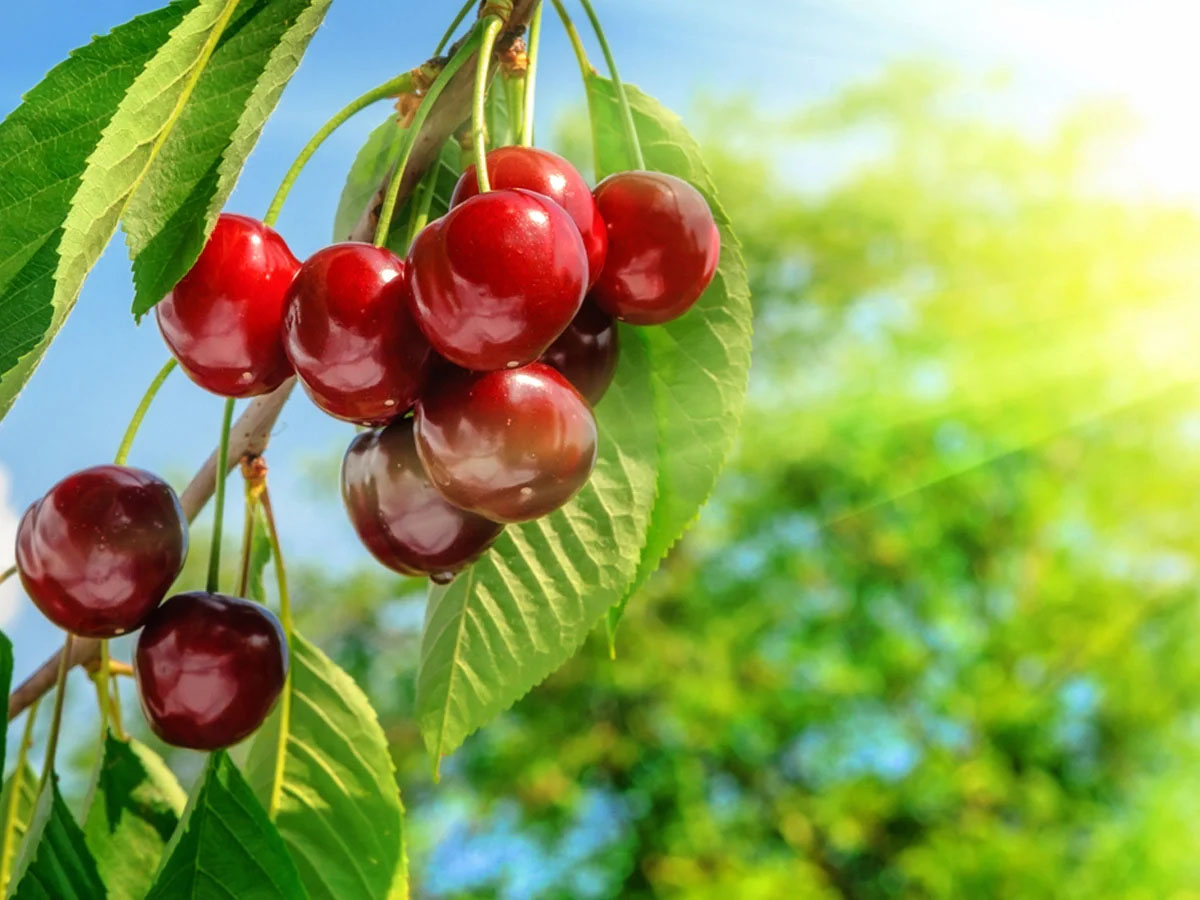
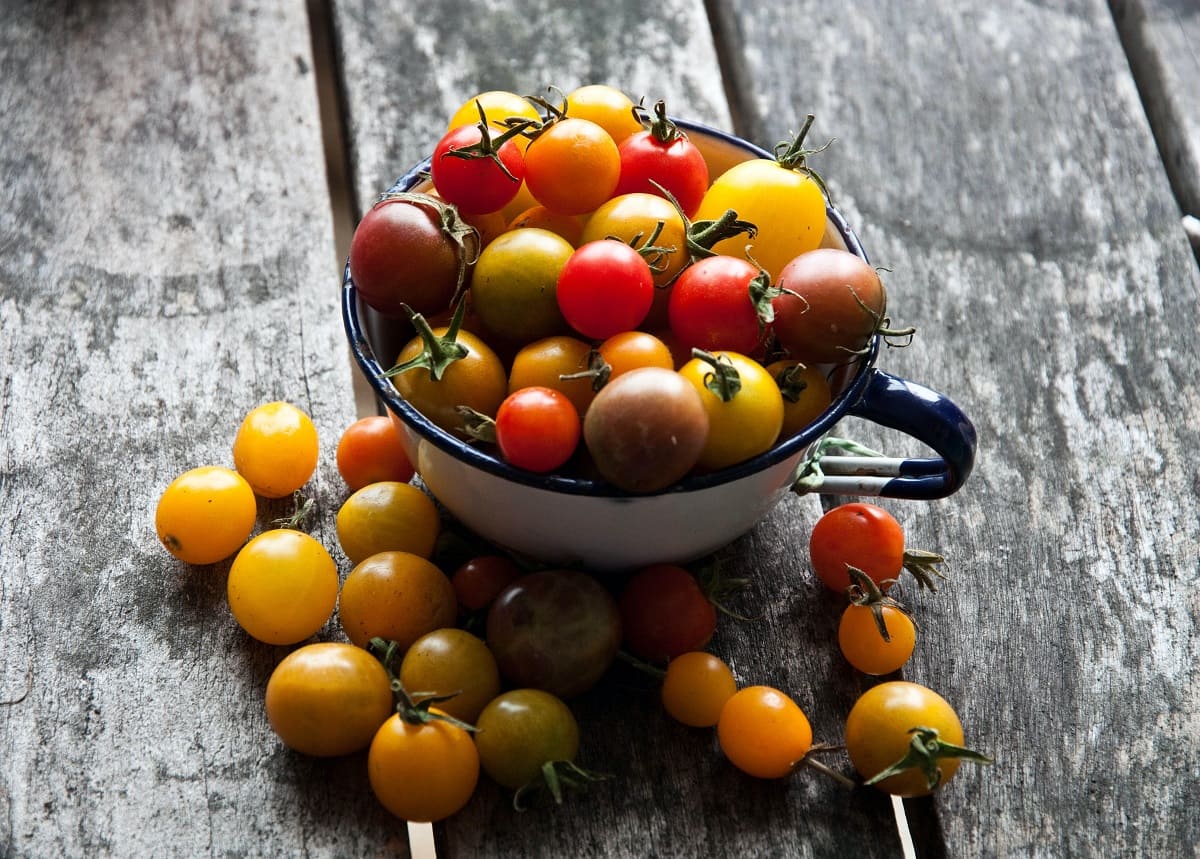
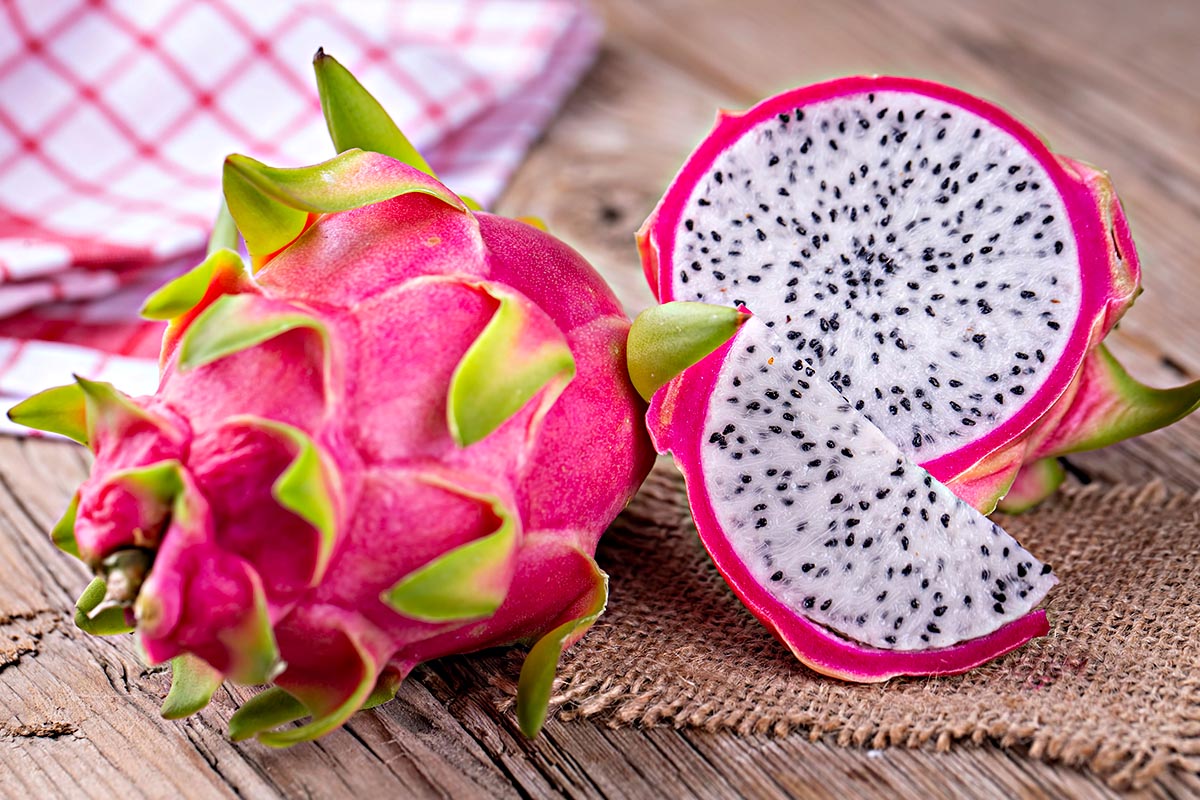
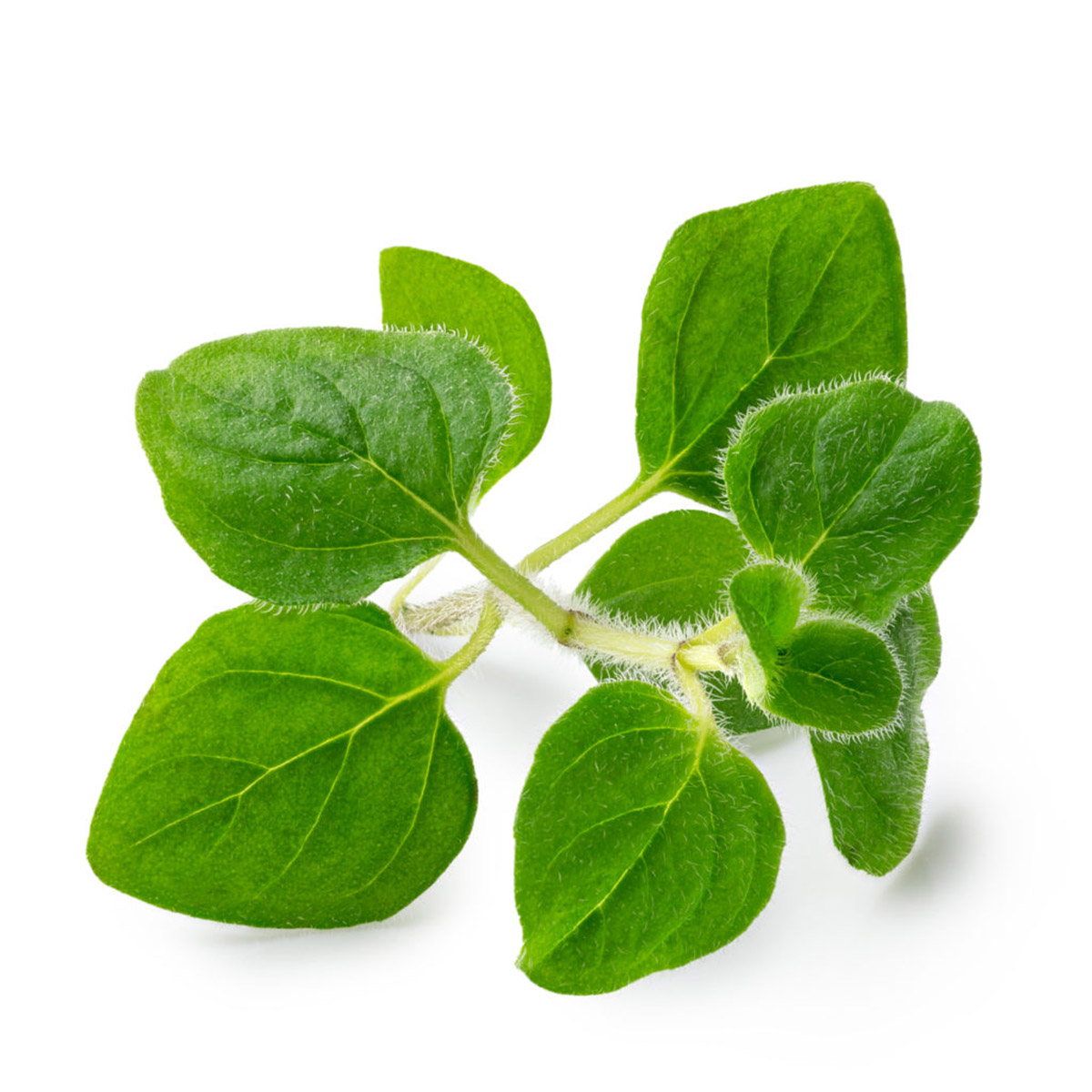
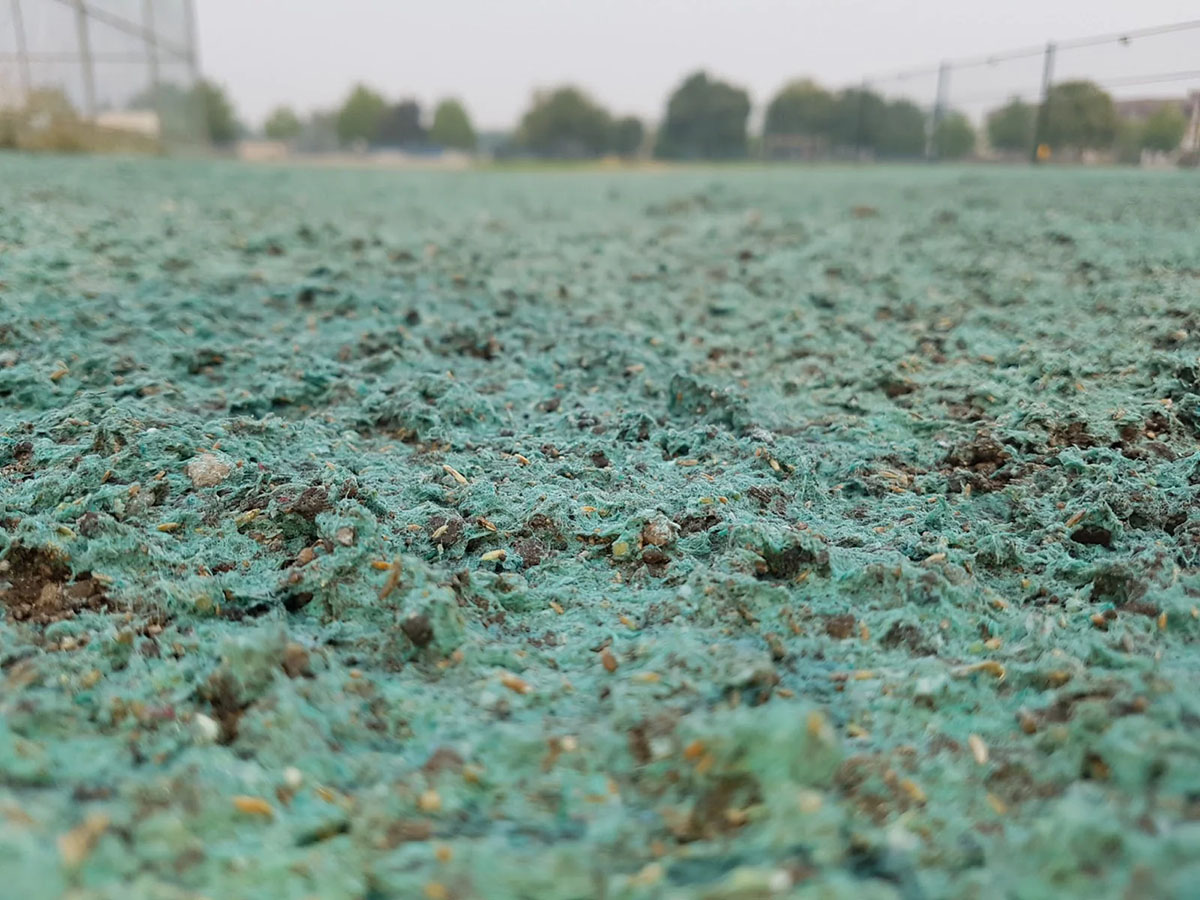
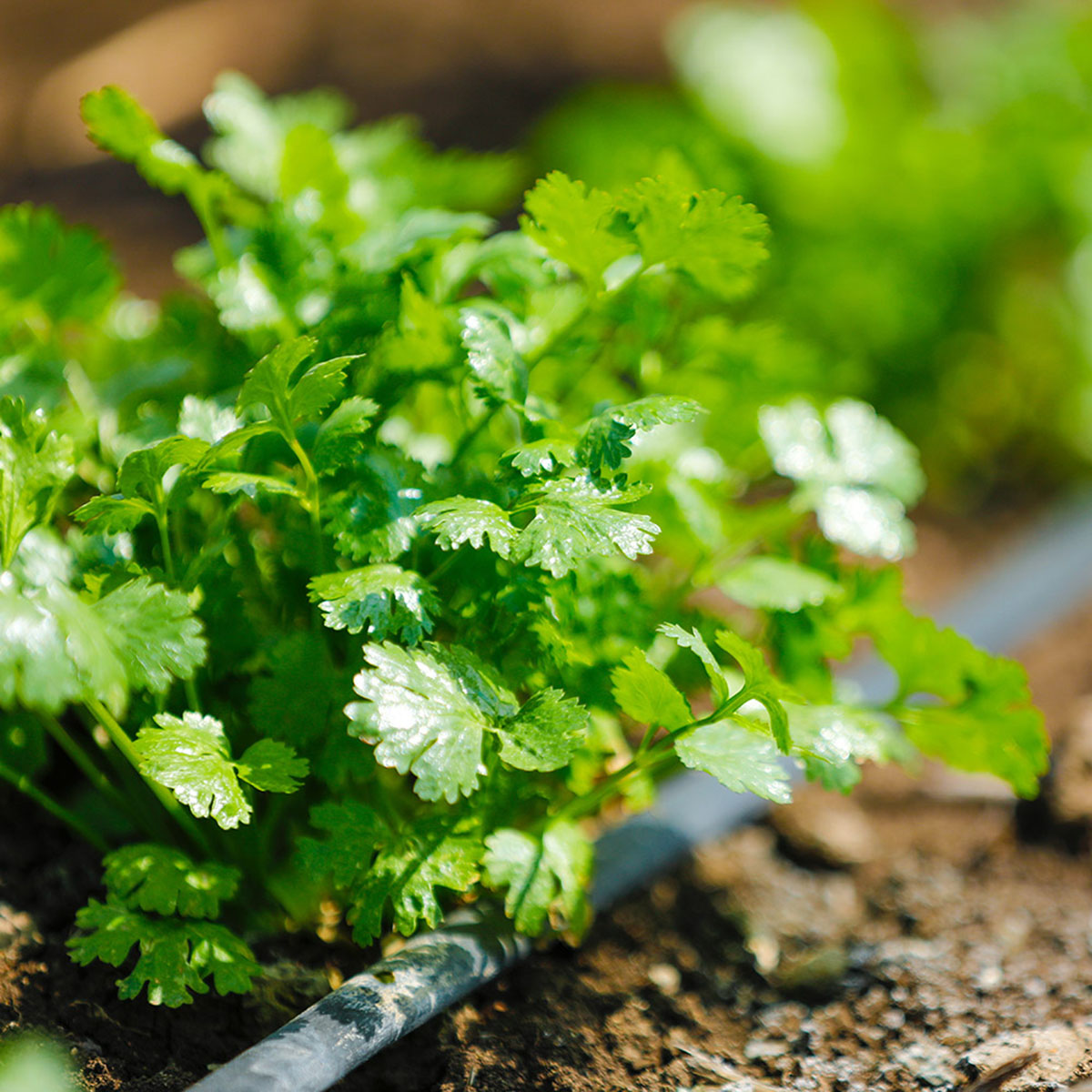
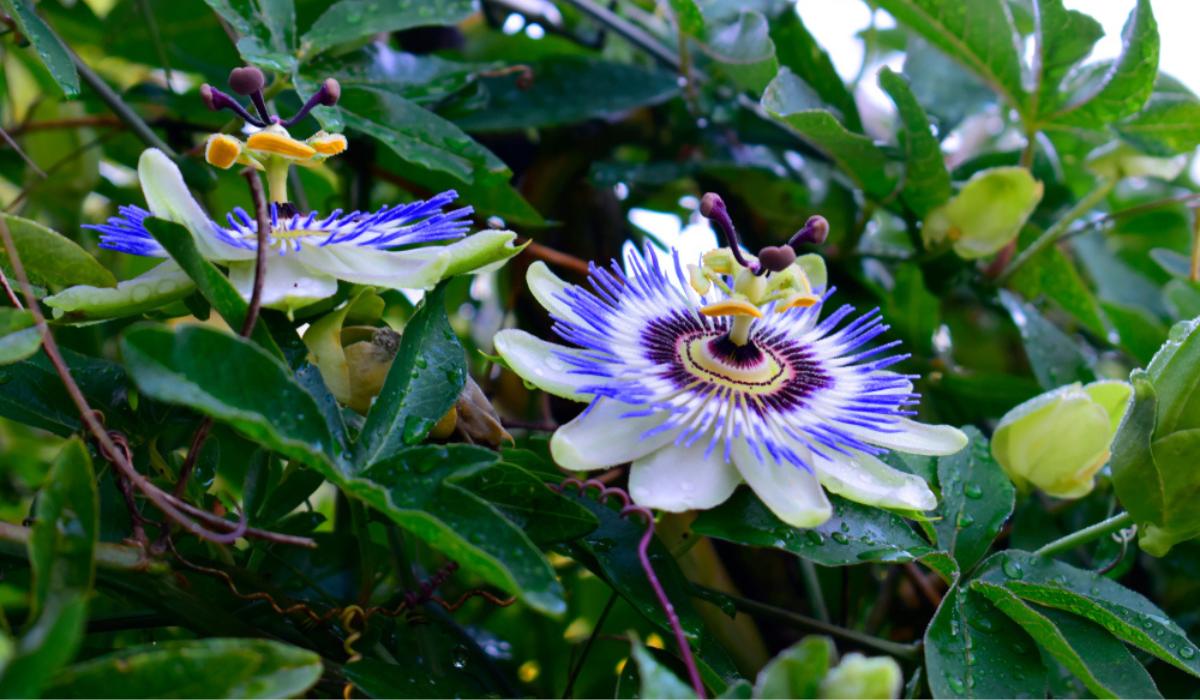
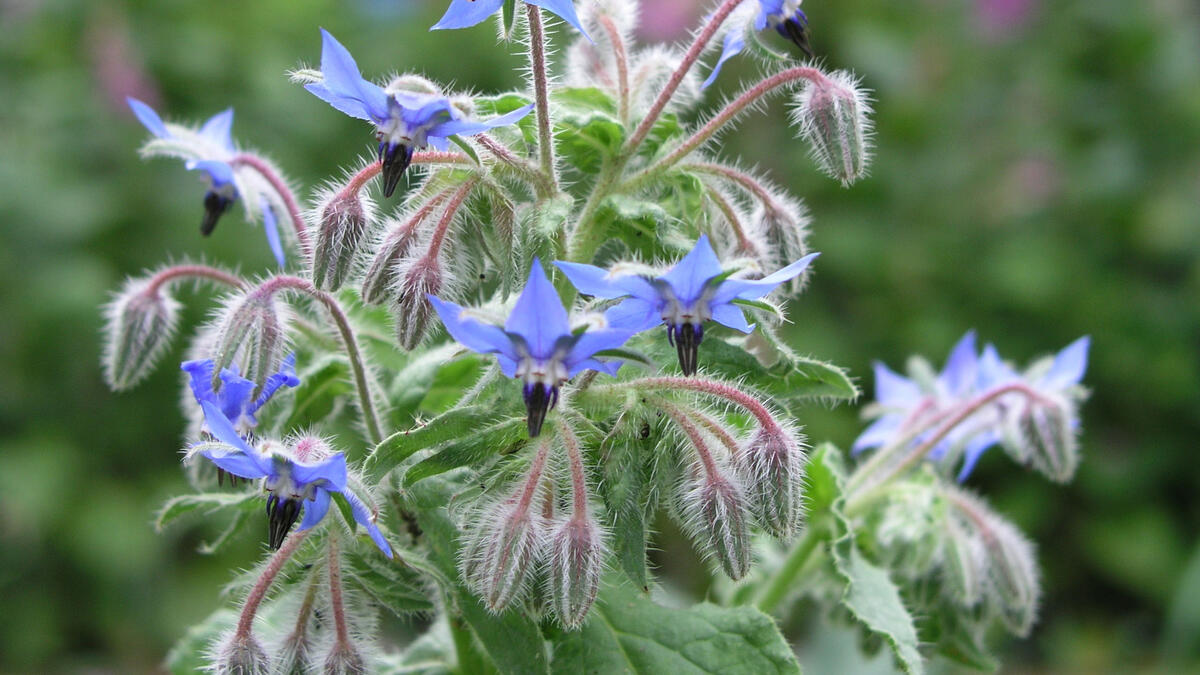
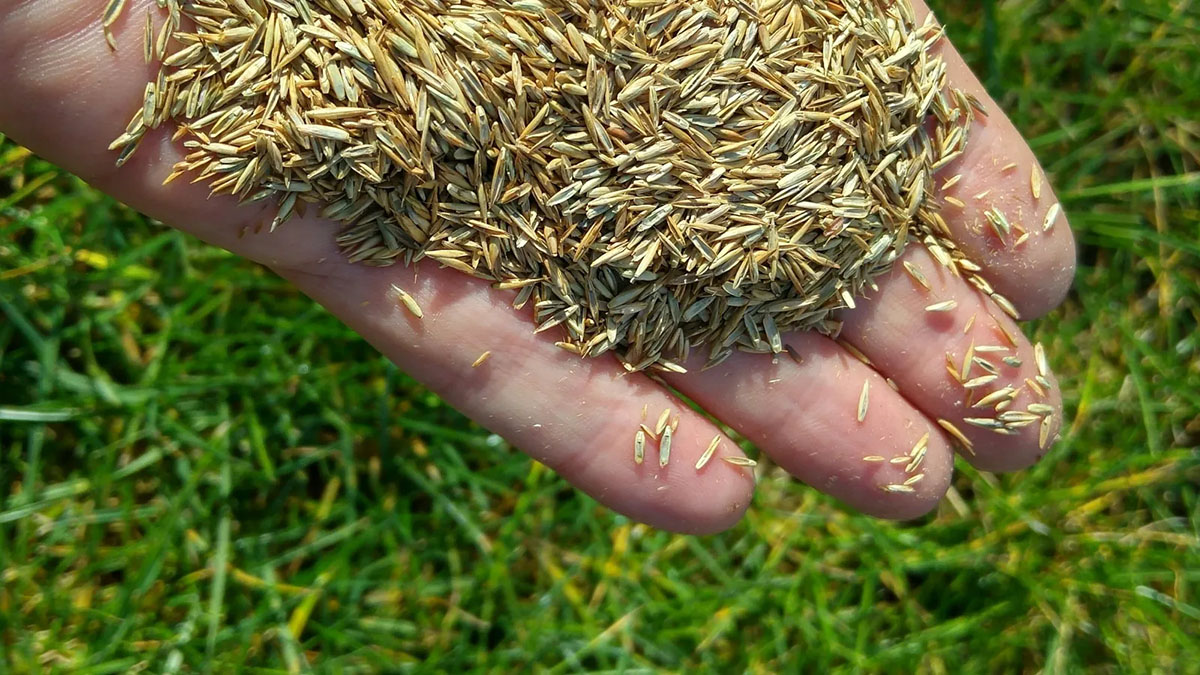
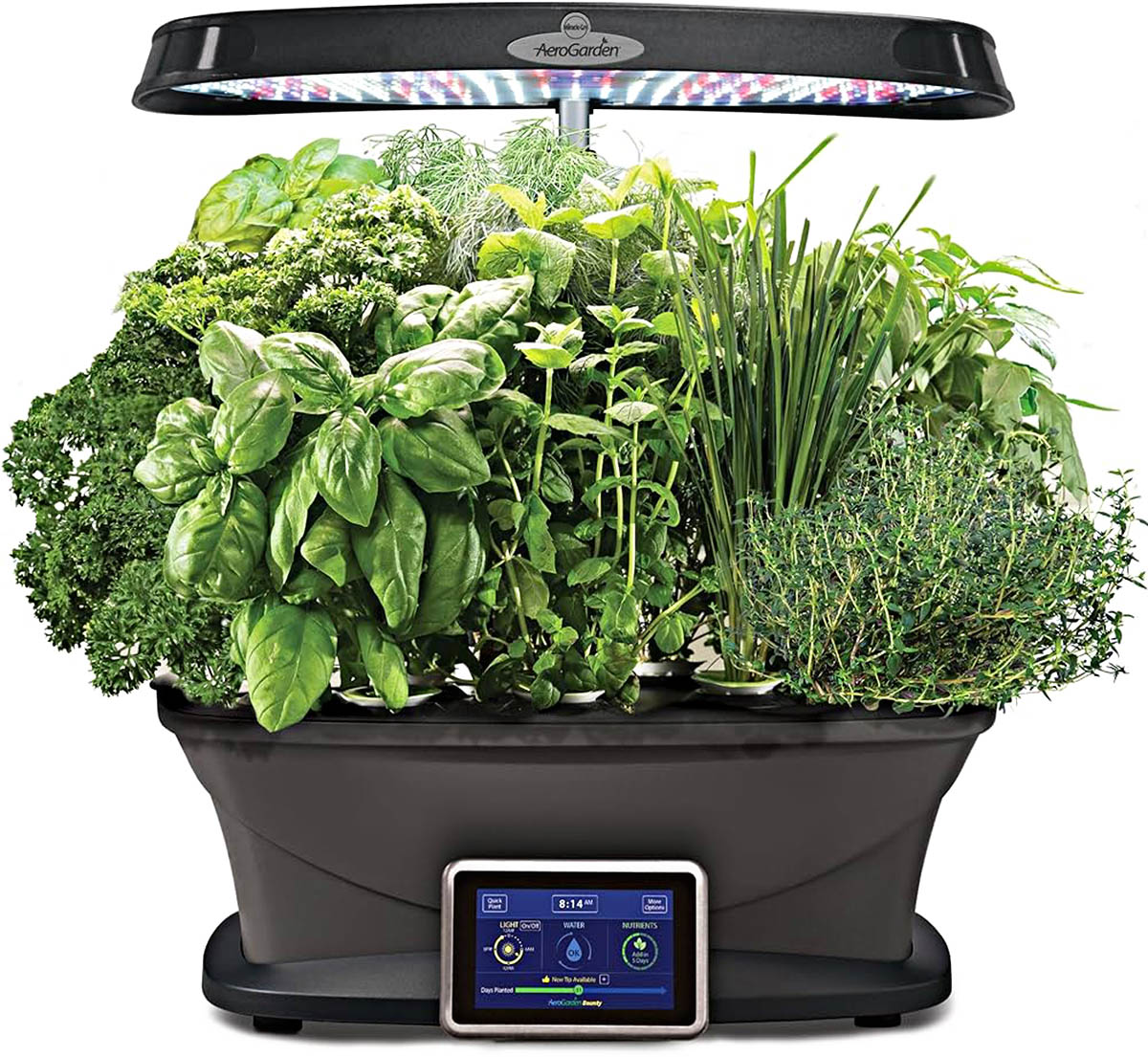


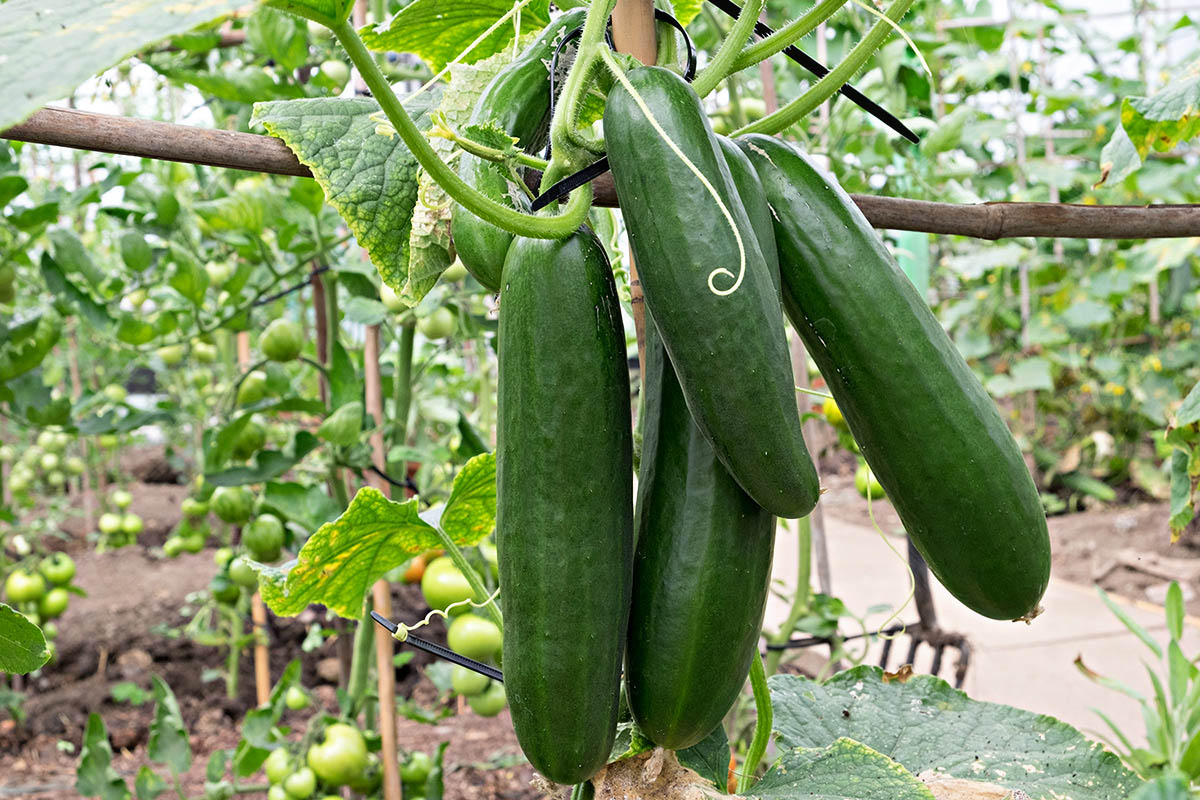
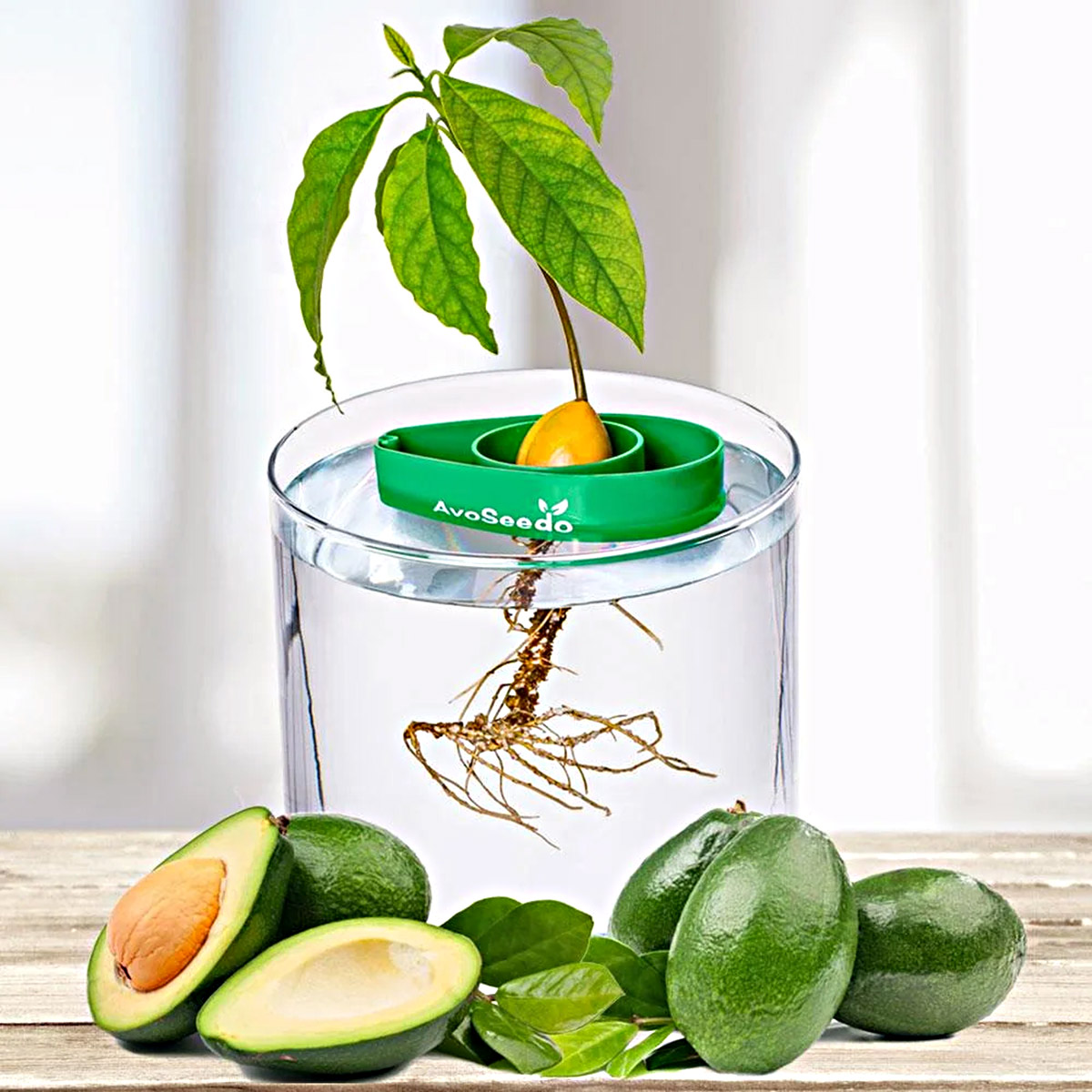

0 thoughts on “How Long For Ground Cherries To Germinate”